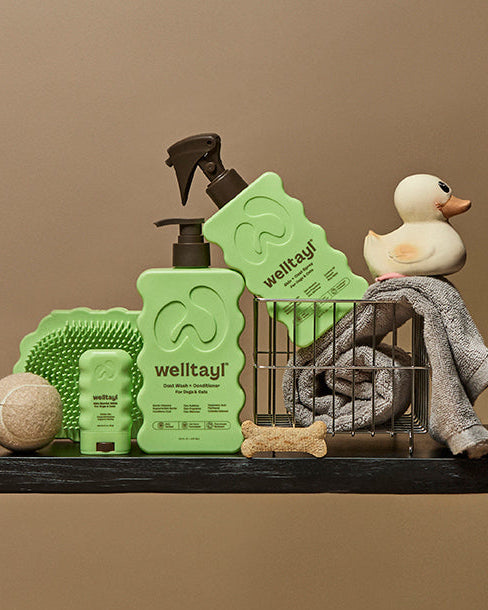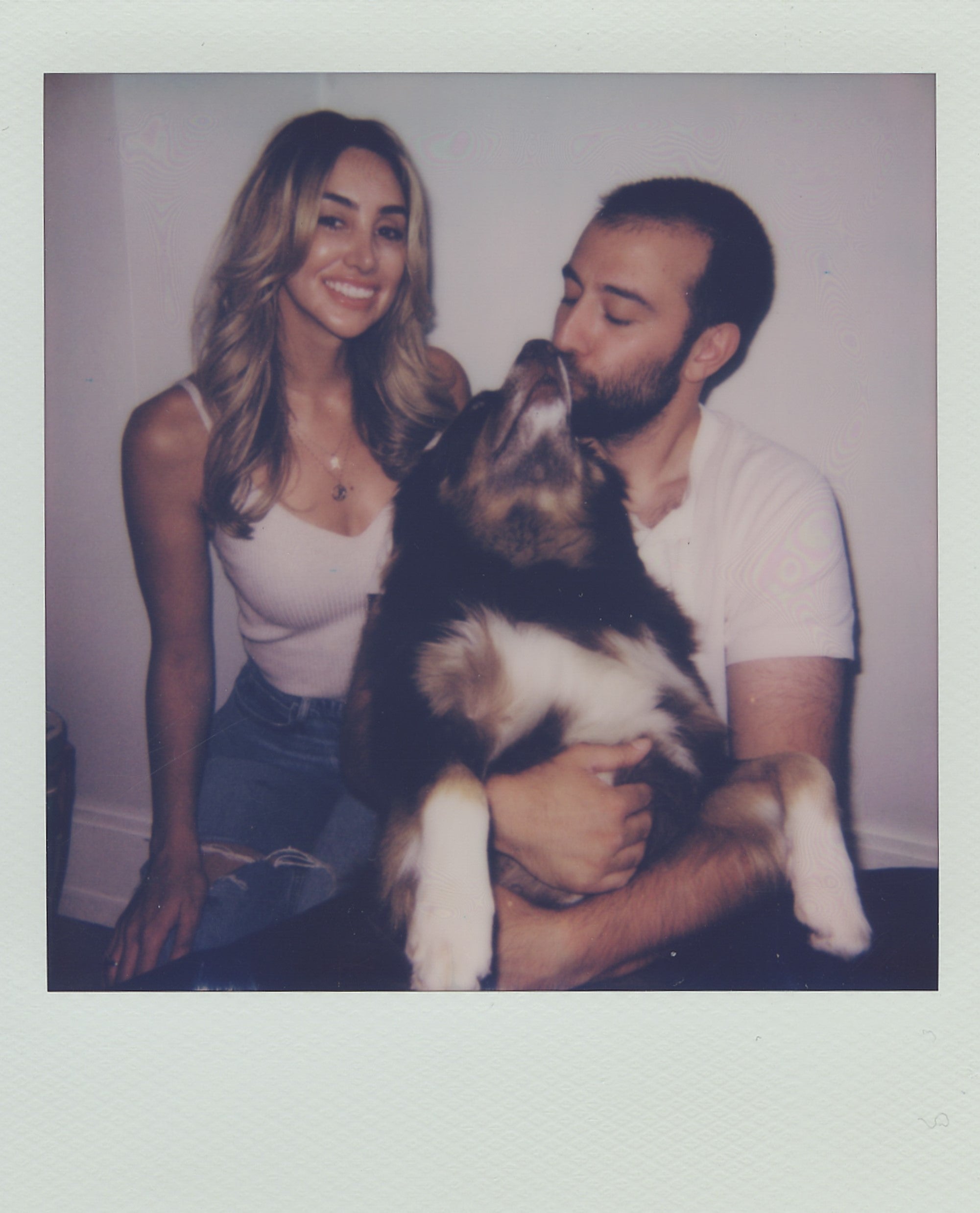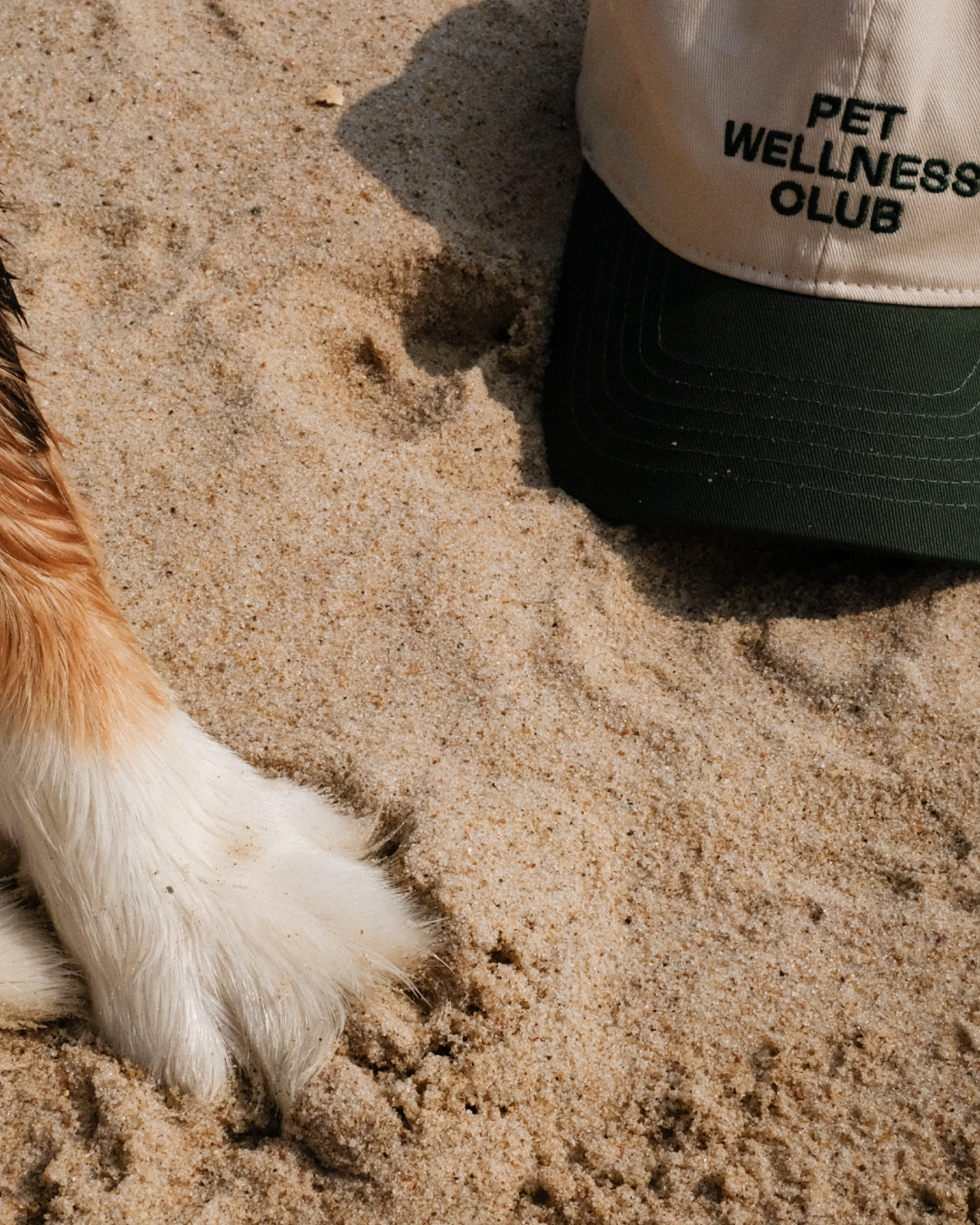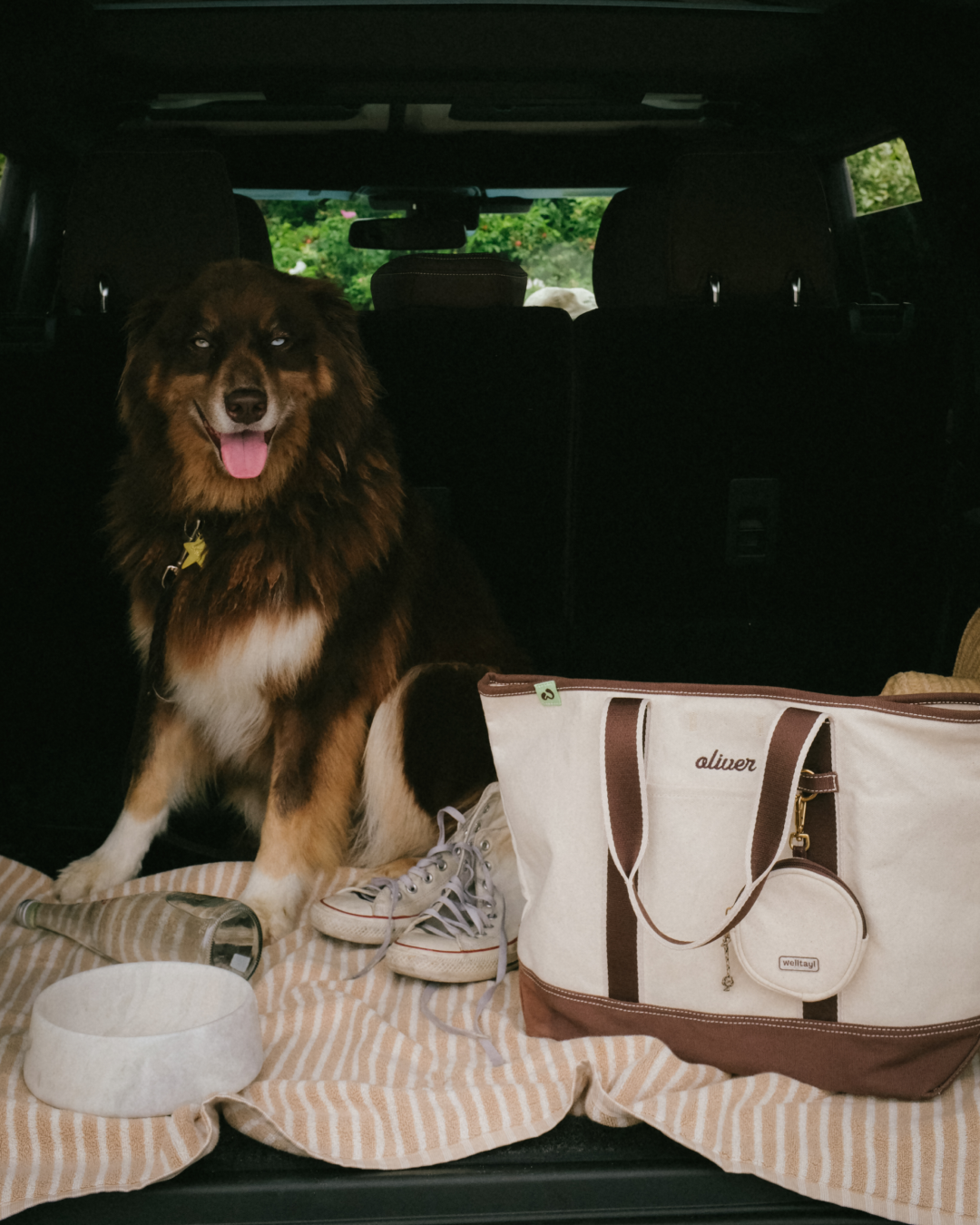Have you ever wondered just how much your dog sleeps? While you're busy with school, sports, or hanging out, your dog might be curled up, snoozing away more hours than you'd expect. Dogs sleep a lot more than humans do, and understanding their sleep patterns can help you make sure they're as happy and healthy as possible.
Just like us, dogs need good sleep to stay energetic and healthy. But the amount of sleep they require can vary widely depending on their age, breed, and lifestyle. Puppies, for instance, might snooze for most of the day, while adult dogs have different sleep needs. Knowing how much sleep is normal for your pet can also clue you in on potential health issues.
So, let’s dive into the world of doggy sleep to discover how many Z’s your canine companion really needs and why it's crucial for their overall well-being.
Table of Contents:
- How Long Do Dogs Sleep Per Day?
- Analyzing Sleep Patterns in Dogs
- Signs Your Dog Isn’t Sleeping Well
- Possible Sleep Issues And Medical Conditions
- How To Improve Sleep For Your Dog
- Conclusion
- Frequently Asked Questions
Key Takeaways
- ⏰ Sleep Duration Varies by Age: Dogs' sleep needs change with age—puppies need about 16-20 hours, adult dogs often sleep 8-14 hours, and senior dogs might sleep up to 20 hours per day.
- 🐕 Breed and Size Impact Sleep Needs: Large dog breeds generally sleep more than smaller breeds, highlighting the importance of understanding specific breed characteristics and needs.
- 💢 Health Issues Can Affect Sleep: Senior dogs or those who have an underlying illness may sleep more than before emphasizing the need for monitoring and possibly consulting a vet if sudden changes in sleep occur.
- 🛏️ Creating a Conducive Sleep Environment: Implementing a comfortable sleeping area and maintaining a consistent routine can greatly enhance your dog's sleep quality and overall health.
- 💤 Signs of Sleep Deprivation: Recognizing symptoms like increased irritability or mood disturbances can help in addressing insufficient sleep and its impacts on a dog's well-being.

How Long Do Dogs Sleep Per Day?
Dogs, like humans, need plenty of rest to stay healthy and happy. They are polyphasic sleepers, which means they catch their Z's in several short bursts throughout the day. Understanding how much sleep your dog needs can help you ensure they’re healthy and happy.
Typical Sleep Duration by Age
- Puppies (up to 18 months): Puppies are in a rapid growth phase, requiring 16 to 20 hours of sleep each day.
- Adult Dogs (2-6 years): Most adult dogs sleep 8 to 14 hours per day. On average, they get around 11 hours.
- Senior Dogs (7+ years): Older dogs sleep more, about 14 hours, but up to 20 hours daily.
Analyzing Sleep Patterns in Dogs
Dogs' sleep requirements differ significantly based on their age, breed, and lifestyle. Understanding these patterns will help you recognize if your dog is getting enough rest or if there might be underlying issues affecting their sleep.
Impact of Breed on Sleep
Different breeds have varying sleep needs:
- Larger breeds, like Great Danes and Mastiffs, usually need more sleep than smaller breeds.
- Conversely, working breeds, such as Border Collies, might sleep less because they generally have higher energy levels.
Influence of Lifestyle Factors
Your dog's lifestyle plays a critical role in how much it sleeps. Active dogs that exercise regularly may require more sleep to recover. Conversely, dogs with a more sedentary lifestyle might sleep out of boredom rather than necessity. Changes in living environments can disrupt a dog's regular sleep patterns, making it difficult for them to settle down and rest comfortably.
Sleep Patterns and Health
Monitoring your dog’s sleep patterns offers insight into their health. A sudden increase or decrease in sleep duration could indicate health issues such as pain, anxiety, cognitive dysfunction or thyroid problems. It's important to observe any changes and consult your vet if you notice unusual sleep patterns.
If you find this information about dog sleep patterns helpful and would like to learn more about pet care, consider subscribing to our newsletter! It's packed with useful tips and expert advice to keep your furry friend healthy and happy. Join our community today, and don’t miss out on valuable insights that can enhance your dog’s life.
Signs Your Dog Isn’t Sleeping Well
When your dog isn't getting enough sleep, you might notice some changes in their behavior that can indicate they're not feeling their best. Acknowledging these signs early helps ensure your pet maintains good health and happiness.
- Increased Irritability
If your dog becomes easily annoyed or seems overly sensitive to usual activities or noises, this could indicate they've missed some sleep. Irritable dogs might bark more, snap, or even shy away from interaction if they’re overly tired. - Mood Disturbances
Like humans, dogs can feel anxious or restless without adequate sleep. You might notice your dog pacing, having difficulty settling down, or engaging less in playtime. These mood changes can be subtle but become more pronounced the more sleep-deprived they become. - Changing Eating Habits
Changes in eating habits can also suggest sleep issues. Dogs with poor sleep might eat less or overeat. This behavior can result from the discomfort or stress they experience due to inadequate rest.
Possible Sleep Issues And Medical Conditions
Observing your dog's sleep patterns isn't just about ensuring they get enough rest; it can also help identify potential health issues that may affect their sleep quality. If your dog exhibits excessive daytime sleepiness or sudden episodes of collapse, these might be symptoms of a neurological disorder known as narcolepsy. This condition can significantly disrupt your dog's normal sleep-wake cycle, leading to sudden sleep attacks even during active periods.
Furthermore, your dog's restlessness or frequent waking during the night could be signaling an underlying condition like sleep apnea, especially in certain breeds known for their snoring, such as Bulldogs or Pugs. It's important to consult a veterinarian if changes in sleep patterns occur, as these could indicate health issues needing attention.
How To Improve Sleep For Your Dog
Ensuring your dog gets enough sleep is crucial for their health and well-being. Here, you'll find effective strategies to enhance their sleep quality.
Creating a Comfortable Sleeping Environment
Creating a cozy environment can significantly improve your dog's sleep quality. Start by selecting a comfortable bed that fits your dog's size and supports their body. Orthopedic beds are ideal, especially for older dogs with joint issues. Additionally, keep the room a comfortable temperature and minimize noise and light disruptions. Consider using blackout curtains and white noise machines to create a quiet, serene atmosphere, allowing your dog to have a restful night's sleep.
Establishing a Consistent Sleep Routine
Having a routine plays a pivotal role in improving sleep quality. Try to maintain consistent bedtimes and waking times each day. Before bedtime, engage your dog in calm activities such as gentle play or a soothing petting session to help them wind down. Avoid stimulating activities close to bedtime as these can make it harder for them to settle. Also, a last bathroom break right before bed can prevent middle-of-the-night wake-ups.
For more insightful tips on improving your pet's sleep cycle and general well-being, consider subscribing to the Welltayl newsletter. You'll receive expert advice and valuable information to help keep your dog happy and healthy.
Conclusion
Understanding and enhancing your dog's sleep is crucial for their health and well-being. By implementing the strategies discussed, such as providing a cozy sleep environment and maintaining a regular bedtime routine, you'll help ensure your furry friend gets the rest they need. Remember that addressing sleep issues promptly can prevent more serious health problems down the line. Keep a close eye on your dog's sleep patterns and don't hesitate to consult your vet if you notice any disturbances.
Frequently Asked Questions
How much sleep do dogs need?
Dogs typically need about 12 to 14 hours of sleep per day. Puppies, older dogs, and certain breeds may require more sleep due to higher energy expenditure or health considerations.
Is It Normal for Dogs to Sleep All Day?
Yes, it can be normal for dogs to sleep a significant portion of the day. Dogs spend about 50% of their day sleeping, 30% awake but relaxing, and only 20% being active. Puppies, senior dogs, and large breeds may sleep more due to their higher energy needs. However, if a dog suddenly starts sleeping much more than usual, it could indicate an underlying health issue, and a visit to the veterinarian is recommended.
How can I improve my dog's sleep quality?
Improving a dog's sleep quality can be achieved by providing a comfortable, quiet sleeping environment and a consistent bedtime routine. Ensure the bed and the room temperature are comfortable, and minimize noise and light disruptions.
What signs indicate poor sleep quality in dogs?
Signs of poor sleep quality in dogs include difficulty settling down or pacing, frequent waking, excessive snoring, and changes in sleep patterns. If these issues persist, a veterinarian consultation is recommended.
How important is a sleep routine for dogs?
Establishing a consistent sleep routine is crucial for dogs as it helps regulate their sleep pattern and overall health. A routine might include specific times for the last meal, a final bathroom break, and calming bedtime activities.
Resources:
Read more

Learn how to protect your dog from sunburn. Discover top products and application tips to keep your furry friend happy and healthy in the sun.
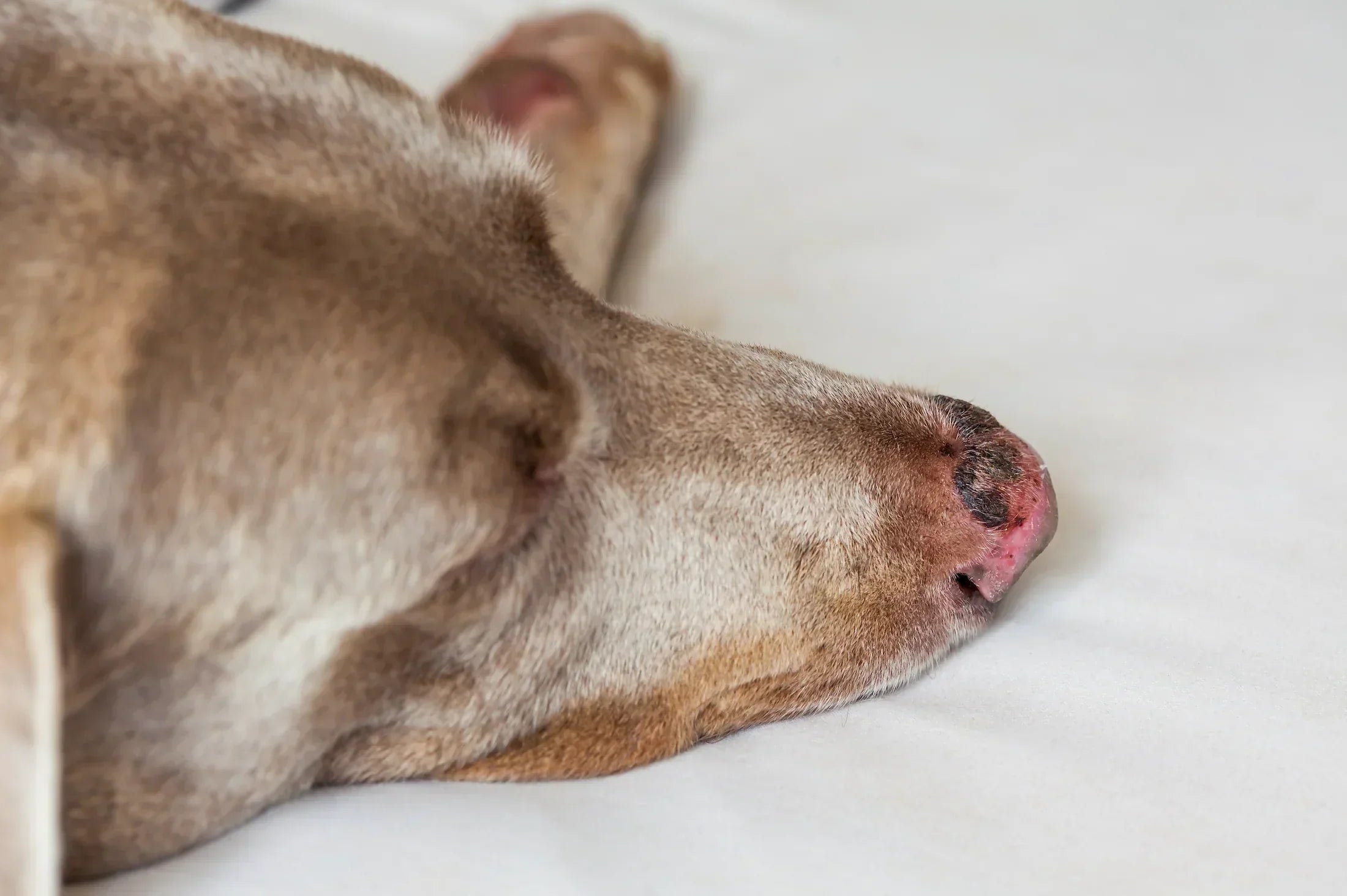
Your Dog can get a sunburn on its nose. Learn about prevention, high-risk breeds, and effective treatments to keep your furry friend safe in the sun.


